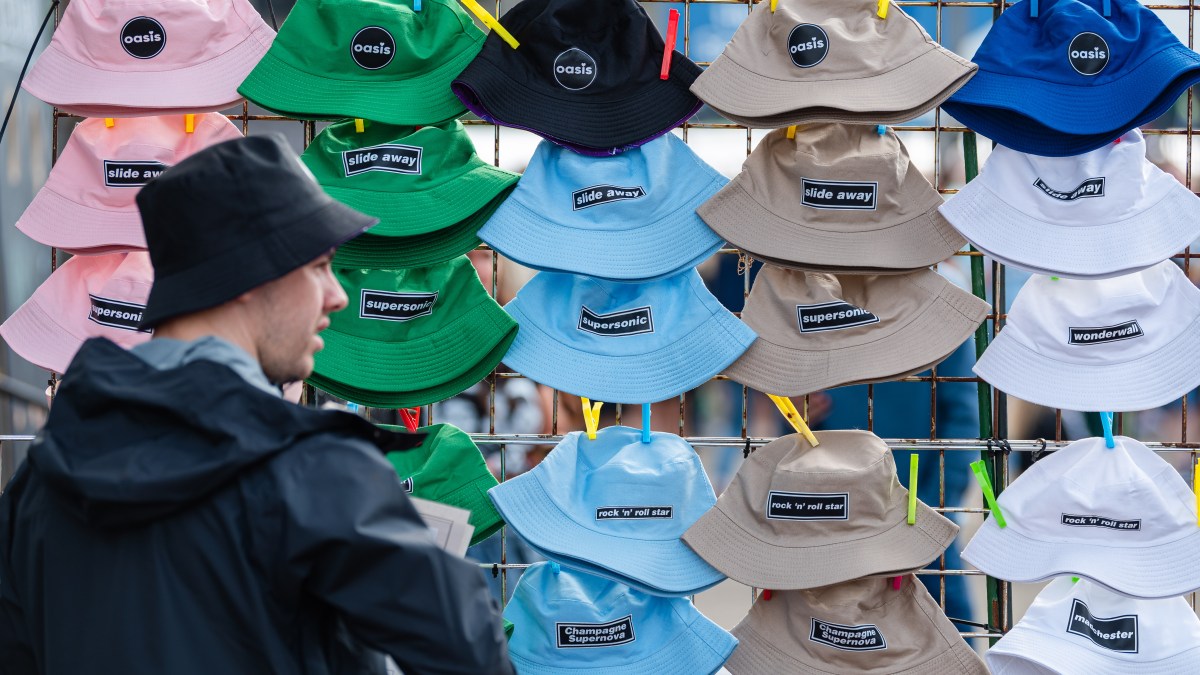The “lipstick effect” helped to propel spending last month as shoppers sought out affordable luxuries amid stubborn inflation, a survey on Tuesday showed.
Card transactions were also lifted by the Oasis tour and consumers looking to refresh their summer wardrobes during a period of changeable weather.
According to Barclays, which monitors 40 per cent of all card transactions in the UK, sales increased by 1.4 per cent in July on a yearly basis, rebounding from the 0.1 per cent decline in June. Although consumption rose quickly last month, it was not as quick as the latest inflation reading of 3.6 per cent for June.
Strong spending on entertainment fuelled the overall rise in card transactions, the result of the Oasis gigs in Cardiff, Manchester and London in July. Barclays also said that the busiest day of spending on entertainment was July 10, when tickets for Lewis Capaldi’s 2025 tour went on sale.
Cinema transactions rose by 1.6 per cent last month, coinciding with the release of the summer blockbuster Jurassic World Rebirth. The release of the live action remake of the Disney favourite Lilo and Stitch and the second Happy Gilmore film helped to boost subscription spending by 8 per cent last month.
Researchers at Barclays said that clothing sales jumped by 4.2 per cent in the year to July, the steepest increase since September 2024. This was motivated by a period of unsettled weather in July, with warm dry spells counteracted by successive rainy and windy days in the month. A quarter of people surveyed by Barclays said that July’s changeable weather had motivated clothing purchases.
Retail card transactions increased by 1.9 per cent, up from June’s small improvement of 0.2 per cent. Spending on essentials contracted by 0.7 per cent but discretionary consumption leapt by 2.4 per cent, mainly as a result of stronger demand for clothing.
Analysts at Barclays also said their research indicated that shoppers bought small, more affordable luxury beauty products, a behaviour known as the “lipstick effect” typically seen during periods of high inflation. Pharmacy and health and beauty spending rose by 9.8 per cent. Furniture sales increased by 6.7 per cent, the eighth consecutive month of growth.
Karen Johnson, head of retail at Barclays, said: “The summer sales, changeable weather and shoppers seeking the feelgood factor led to a strong July for retailers, particularly among beauty, clothing and furniture stores.”
Separate research by the lender found that younger consumers were increasingly using AI tools, such as ChatGPT or Gemini, to help them to manage their finances. According to Barclays 35 per cent of UK adults told the lender that they had used such devices to aid budgeting and spending. This rose to 69 per cent among Gen Z, or those aged between 13 and 28.
The UK economy has lost momentum since the start of the year, with GDP down by 0.3 per cent in April and 0.1 per cent in May, partly owing to weak consumer spending during a time of high saving rates.
Last week the Bank of England cut interest rates for the fifth time in a year to 4 per cent from 4.25 per cent, although investors think that there may only be one more rate reduction before the end of 2025. Lower interest rates paid on savings motivate people to spend.
